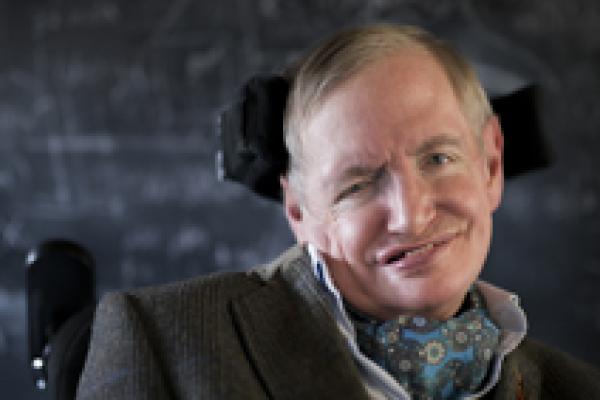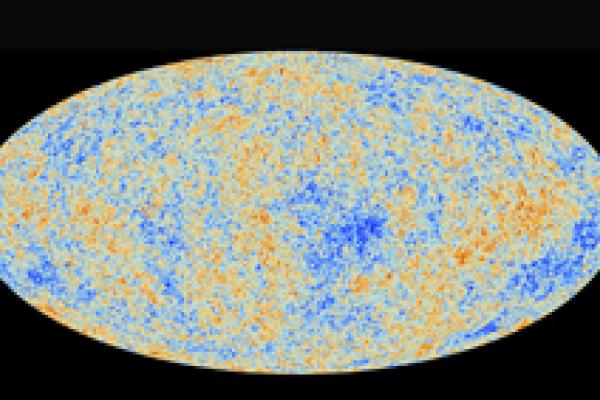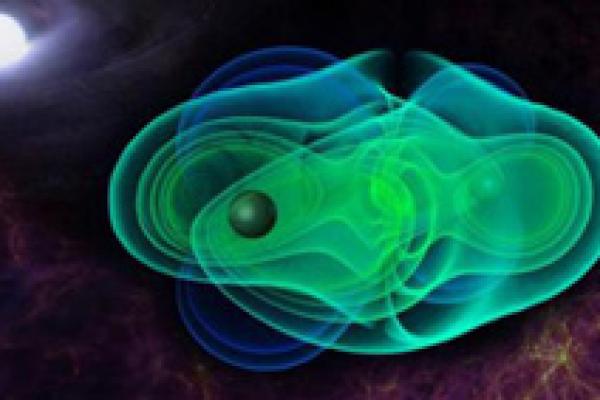Article

The puzzle of time
Why does time only ever move in one direction? We talk to philosophers of physics Jeremy Butterfield and David Wallace, as well as the eminent Roger Penrose about the puzzle time poses to physicists and what it has to do with the Big Bang and the second law of thermodynamics.





